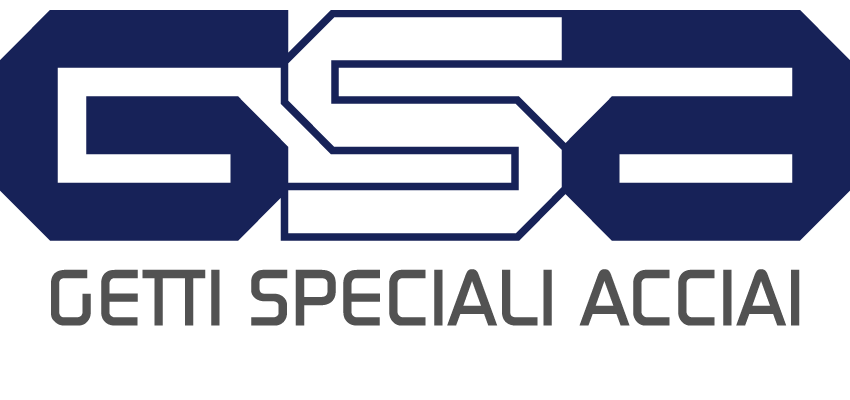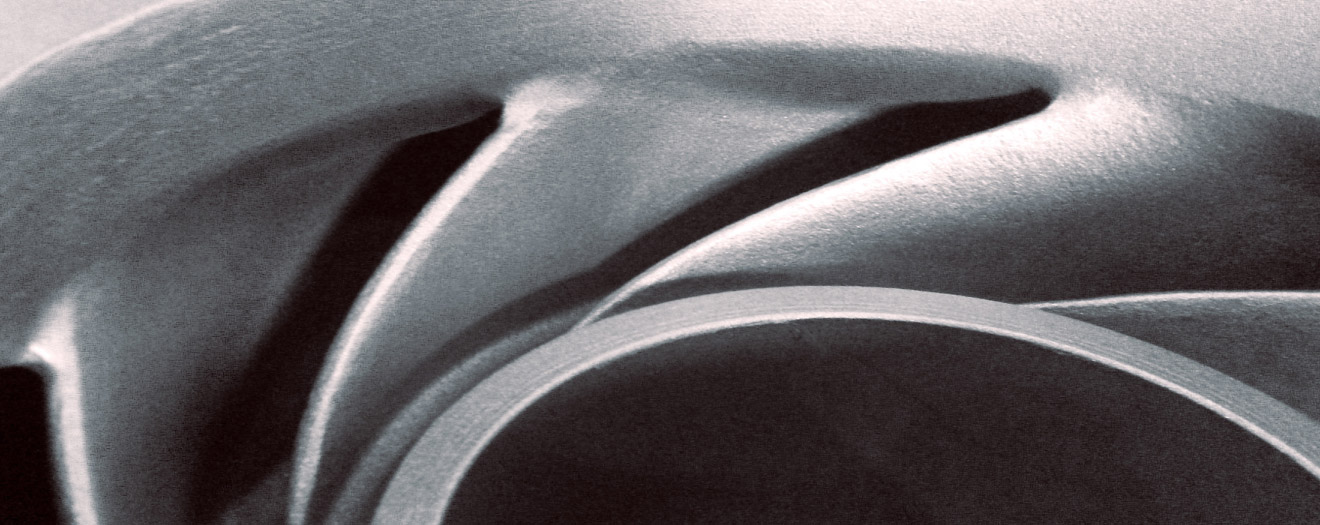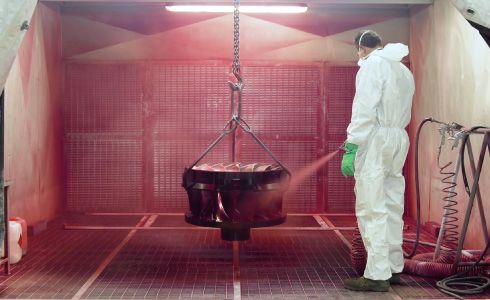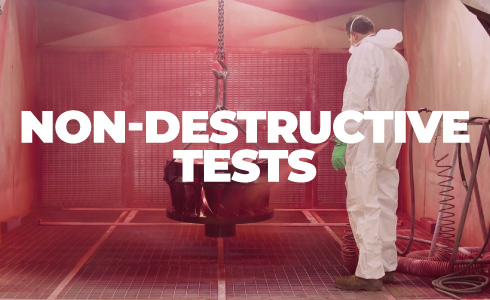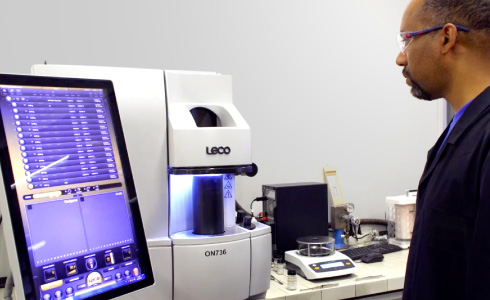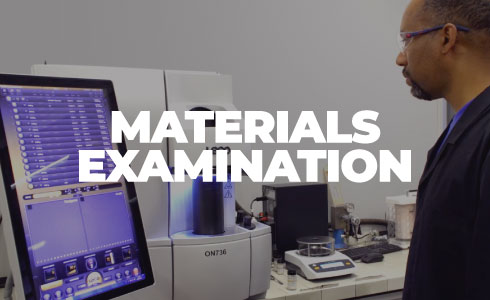THE MATERIALS
A wide range of steels used: from construction steels to martensitic, ferritic, austenitic, refractory, mixed structure stainless steels (Duplex and Superduplex), precipitation hardening, anti-wear, super-stainless and nickel-cobalt-based super alloys.
The production of the numerous qualities of steel is always aimed at target applications.
The variety of highly alloyed special steels used is suitable for making components even for particular environments and processes.
Quality is monitored through chemical analysis and mechanical tests performed on all castings.
1. Construction steels
The mechanical strength, ductility, resilience at low temperatures, physical-chemical resistance and durability of steel heavily influence the specific sector of ideal use. The lower the carbon content, the lower the mechanical strength and brittleness, the better the ductility and weldability.
2. Martensitic stainless steels
They are used in the hydroelectric sector for their excellent compromise between mechanical characteristics and corrosion resistance. They are also often used in handling systems for not particularly aggressive fluids.
3. Ferritic stainless steels
Good mechanical and corrosion resistance, the mechanical characteristics cannot be increased by means of heat treatments. The most common uses are low-quality crockery or cutlery, all types of sinks and finishes for construction.
4. Austenitic stainless steels
The fundamental properties are: excellent resistance to corrosion; ease of cleaning and excellent hygienic coefficient; easily
weldable; in fully annealed conditions it does not magnetize. They retain their toughness up to cryogenic temperatures. There are a wide range of uses for these steels: liquefied gas tanks, heat exchangers, pollution control and smoke extraction devices, industrial autoclaves, food industry plants and oil extraction and refining. Their resistance to most aggressive chemicals also makes them very popular in the chemical industry. At low temperatures, corrosion resistance decreases dramatically
5. Refractory stainless steels
Used where there are high temperatures.
6. Two-phase stainless steel (duplex)
More resistance to stress corrosion cracking; better resistance to pitting corrosion; good weldability; high tensile strength and yield strength excellent resilience at low temperatures.
The most common uses are: systems for liquids with a high concentration of chlorine, seawater chillers, desalinators, systems for food brine and groundwater and rich in aggressive substances.
7. Precipitation hardening stainless steel
These steels have the possibility of considerably increasing their mechanical characteristics due to particular heat treatments of aging. Furthermore, these steels have good corrosion resistance.
8. Wear-resistant steels
Excellent resistance to mechanical wear by impact and sliding. Used for earth-moving machines.
9. Super stainless steels
Steel with a completely austenitic structure used where there are particularly stringent requirements in terms of corrosion resistance but that has poor weldability.
10. Nickel-Cobalt super alloys
Good mechanical and corrosion resistance even at temperatures around 1200 degrees ° C. They are used in turbomachinery and/or in the processing of highly aggressive fluids even at high temperatures (Ni alloys)
| PDF Document | Download Pdf |
|---|---|
| Material specifications | Pdf |
